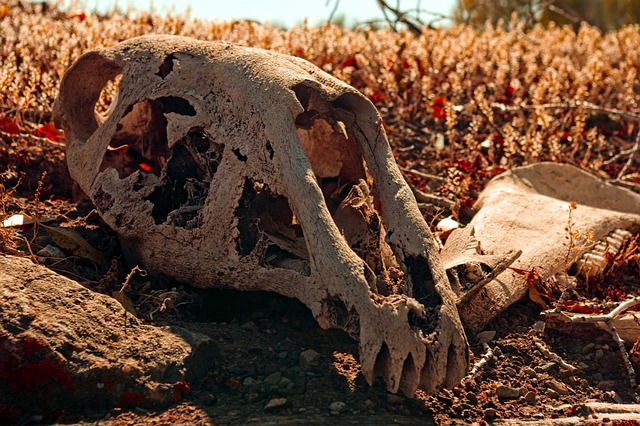
In the arid expanse of Nevada’s rugged terrain, a contentious battle over the fate of wild mustangs has been raging. In the span of just one month, the state’s summer roundup of 2,500 wild horses has led to the unfortunate demise of dozens of these iconic creatures. As news of the deaths spread, opponents of the roundup intensified their calls to halt what they consider an inhumane practice of culling Nevada’s overpopulated mustang herds.
Amidst this backdrop of conflict, a recent court ruling has cast a shadow over the fate of these wild horses. On a Wednesday night in Reno, U.S. District Judge Larry Hicks delivered a verdict that has left many advocates disappointed and concerned. Despite the deaths of 31 horses during the weeks-long roundup, Judge Hicks denied an emergency order to halt the operation, allowing the U.S. Bureau of Land Management (BLM) to continue capturing thousands of mustangs.
The legal battle, spearheaded by the nonprofit advocacy group Wild Horse Education, argued that the roundup was not only inhumane but also illegal. However, Judge Hicks, while acknowledging the tragedy of the horse deaths, stated that the BLM appeared to be complying with the law and making efforts to gather the mustangs as humanely as possible. He remarked, “These tragedies are going to occur when you have gathers, so I cannot find there are inhumane treatments with these incidents.”
The judge’s ruling has sparked intense debates between wild horse advocates and government representatives. While horse advocates maintain that the deaths were unnecessary and a result of cruel tactics, government lawyers contended that the mortality rate was within the expected range for such operations. Justice Department lawyers pointed out that the 31 deaths fell within the average mortality rate of 1% to 1.2% for wild horse gathers conducted between 2010 and 2019.
Horse advocates further argued that the mustangs were being unfairly blamed for ecological damage that was primarily caused by intensive cattle grazing, which they asserted was heavily subsidized by taxpayers. Among the allegations put forth by advocates in a lawsuit filed in late July was the claim that the roundup was based on an outdated environmental review that failed to reflect the current conditions on the range. They also argued that the use of helicopters during the foaling season posed a significant threat to the herds.
The situation has gained the attention of lawmakers as well. Democratic U.S. Representative Dina Titus of Nevada has been actively pushing for legislation in Congress to ban the use of helicopters in these roundups altogether, aiming to provide a more humane approach to managing wild horse populations.
As the debate rages on, the fate of Nevada’s wild mustangs hangs in the balance. While some argue that culling overpopulated herds is a necessary step to ensure the ecological health of the region, others insist that more humane and sustainable methods must be employed. The clash between conservation efforts, animal welfare, and government policies underscores the complex challenges surrounding the management of wild horse populations in the American West.





